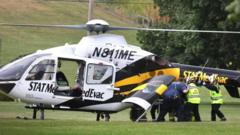Rifts Grow Between Netanyahu and His Security Chiefs

© Amir Cohen/Reuters

© Amir Cohen/Reuters
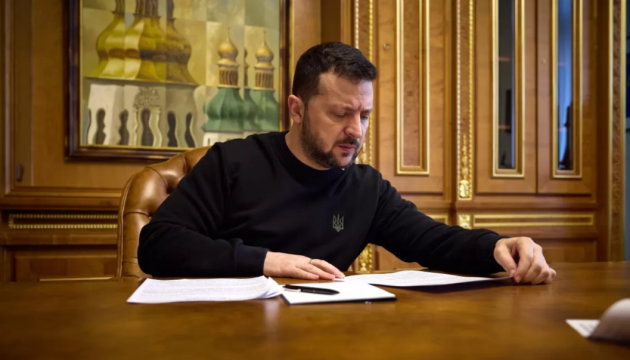

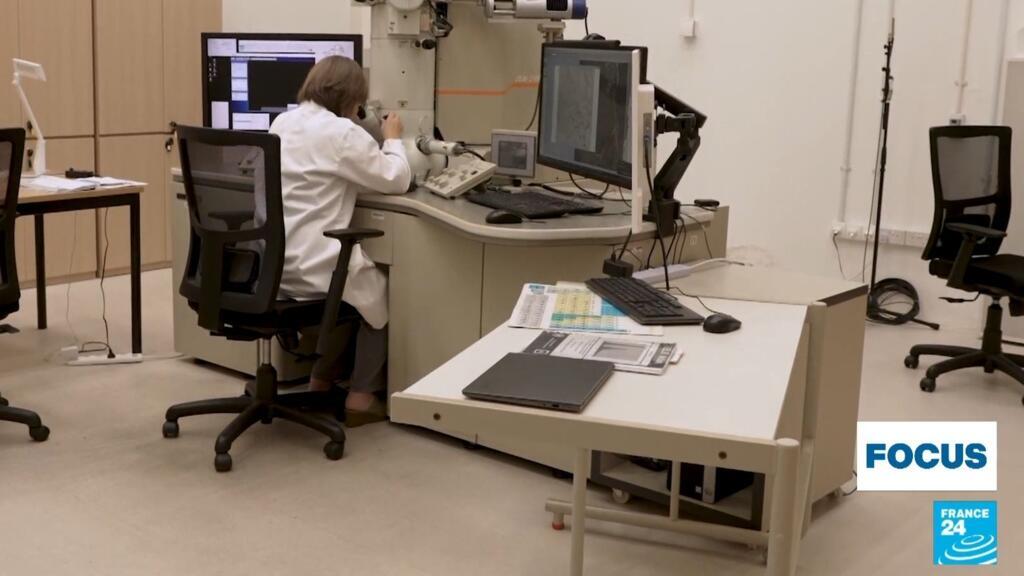

© Tierney L. Cross/The New York Times

© Sam Bush for The New York Times
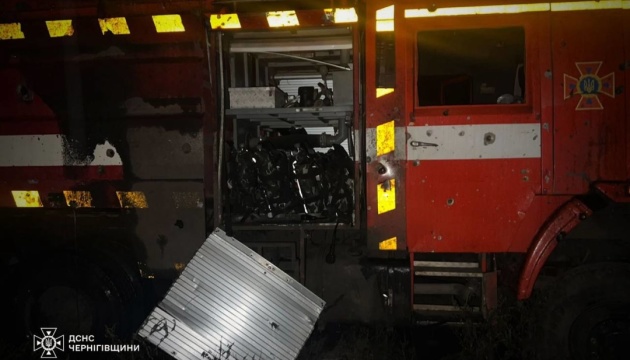


Kira Schulz is standing in the field behind her daughter’s elementary school in the Alberta city of Airdrie and trying to make sense of space.
If the school adds modular classrooms to accommodate new students – the local school division has asked the government for several – where will the children play, Ms. Schulz wonders.
Le Théâtre Aphasique fête ses 30 ans avec une pièce jouée par des personnes aphasiques.

Des commentaires de Justin Trudeau et de Doug Ford l'an dernier avaient déplu aux Mexicains.
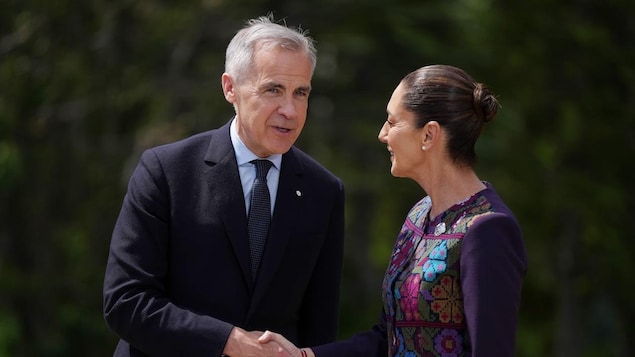
Des personnes blessées dans cette attaque menée par Israël ont marché dans le centre de Beyrouth.
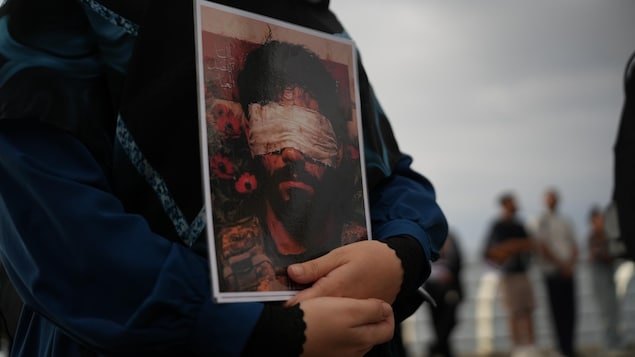
France-Élaine Duranceau demande à ses collègues ministres de fusionner des services et abolir des programmes.

Aucune formation ne prépare spécifiquement les enseignants à cette clientèle au parcours scolaire atypique.

Cette enveloppe, négociée en 2022, doit être revue, plaide-t-il, soulignant que son caucus a doublé depuis.


Russian forces targeted railway infrastructure and civilian facilities across Ukraine during overnight strikes on 17 September, leaving six people injured at a gas station in Poltava Oblast and disrupting train schedules nationwide.
The attack on a gas station in Poltava district injured “five drivers and a female employee,” according to the Poltava Oblast Prosecutor’s Office. The female worker remains in critical condition, while all victims were hospitalized following the strike.
Railway operations faced significant disruption after Russian forces “attacked railway infrastructure in the Myrhorod district of Poltava Oblast,” reported regional administration head Kohut. The strikes caused power outages across several sections, forcing Ukrzaliznytsia to deploy backup diesel locomotives.
Four passenger trains experienced delays of up to three hours:
“As of 07:00, damage has been localized and power has been restored – trains (including suburban electric trains) will continue to operate normally,” Ukrzaliznytsia announced.
The railway attack sparked fires that were “localized by emergency services units,” with one person injured in the incident, Kohut confirmed.
Russian strike drones also hit Poltava district directly, damaging “the building of a gas station,” according to the prosecutor’s office. Authorities opened criminal proceedings under Article 438 Part 1 of the Criminal Code for war crimes, carrying penalties of 8-12 years imprisonment.
The overnight assault extended to Kyiv Oblast, where regional head Mykola Kalashnyk reported fires in two districts. “In Boryspil district, warehouse facilities caught fire. In Bucha district, a fire broke out in a private house,” he said. Emergency services contained both blazes with no preliminary casualties reported.
The large-scale attack began at 9 pm on 17 September, with Russia launching “75 strike drones of Shahed, Gerbera and other types from the directions: Kursk, Orel, Millerovo, Primorsko-Akhtarsk,” according to Ukraine’s Air Force. Over 40 of the attacking drones were Shaheds.
“Ukrainian Defense Forces’ aviation, anti-aircraft missile troops, electronic warfare units, unmanned systems units, and mobile fire groups” repelled the air attack, the Air Force reported.
By 9 am on 18 September, air defenses had “shot down/suppressed 48 Russian drones of Shahed, Gerbera and other types in the north, east and center of the country.” One Russian drone remained airborne at the time of the morning report.
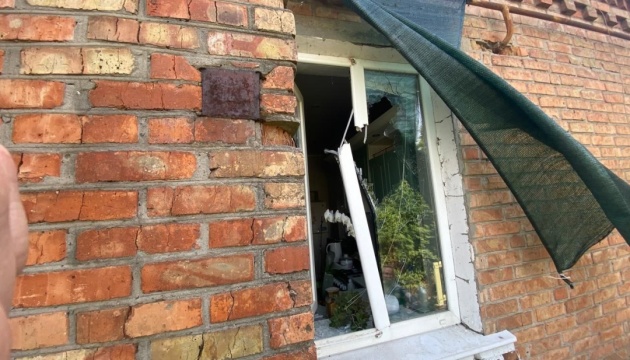
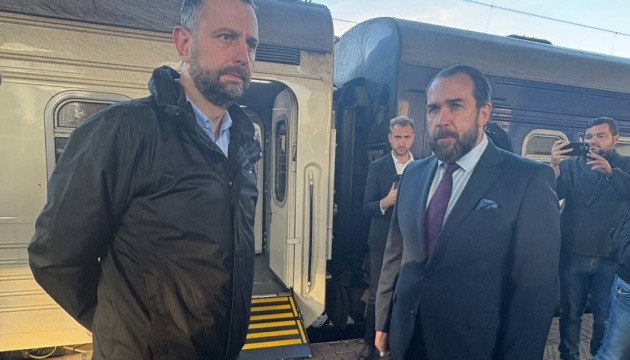

© Copyright 2016 The Associated Press. All rights reserved.
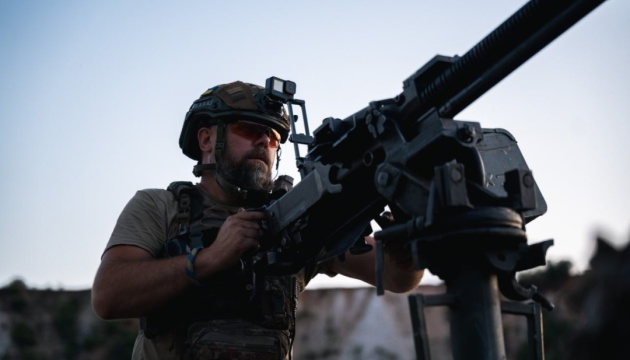
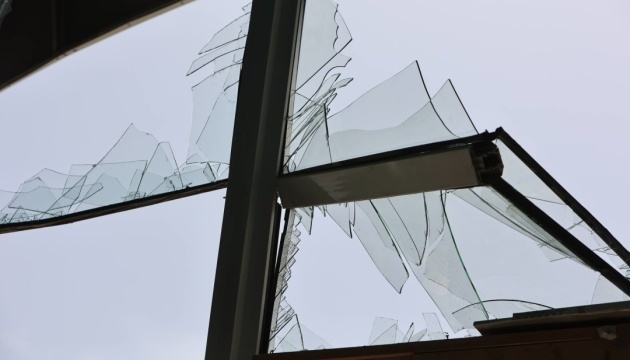
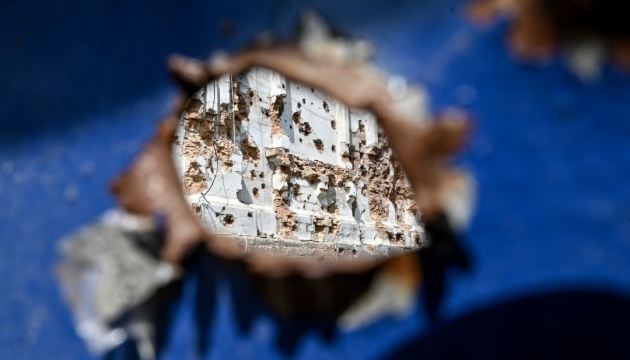
/2025/09/18/080-cpp-alessia-013022-68cbaa69dd1f4766270014.jpg)
/2025/09/18/en-turquie-les-journalistes-dans-le-viseur-d-erdogan-68cba8fdc199f213746303.jpg)
/2025/09/18/eurozapping-170925-68cba5d62d03b117861981.jpg)

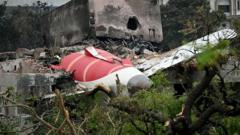


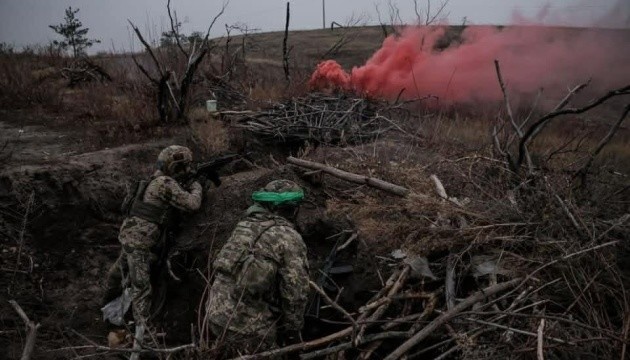
/2025/09/18/oakland-68cba48fd2d8b163581697.jpg)
/2025/09/18/trump-a-windsor-les-honneurs-et-la-contestation-68cba10e2581f167299693.jpg)
/2025/09/18/depuis-juin-2024-les-representations-se-deroulent-dans-un-veritable-bunker-aux-normes-de-securite-maximales-gilles-gallinaro-68cb99e6781c9615182103.jpg)




Cette décision est susceptible d'appel.





